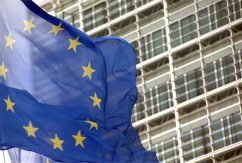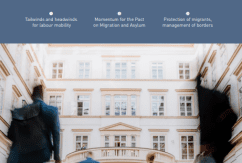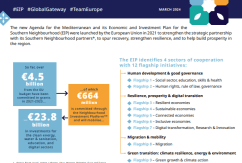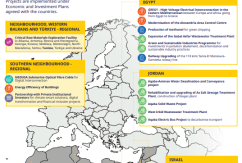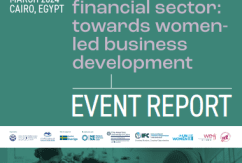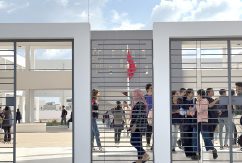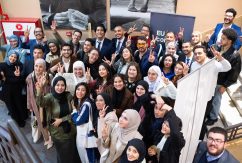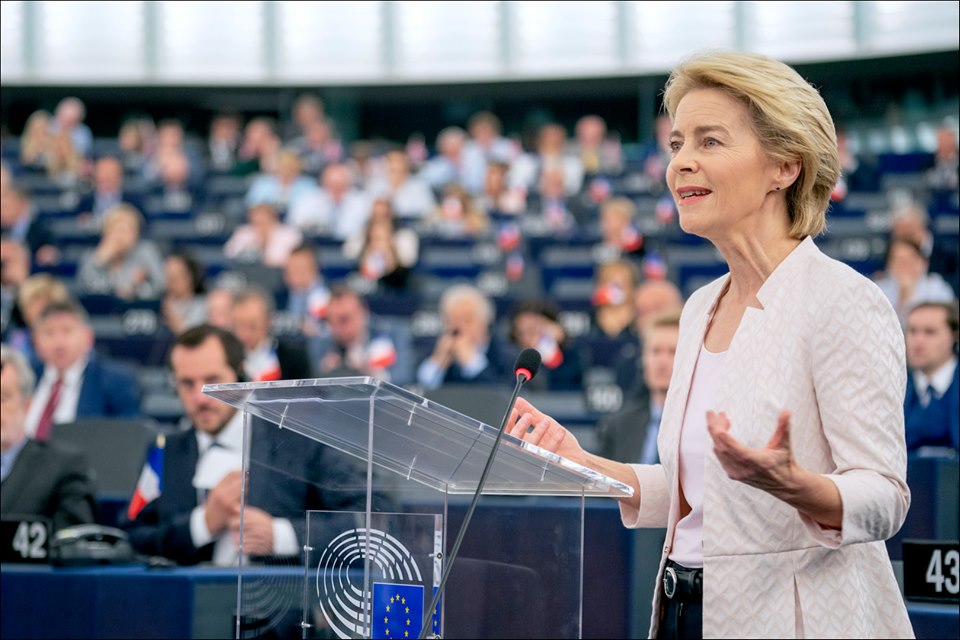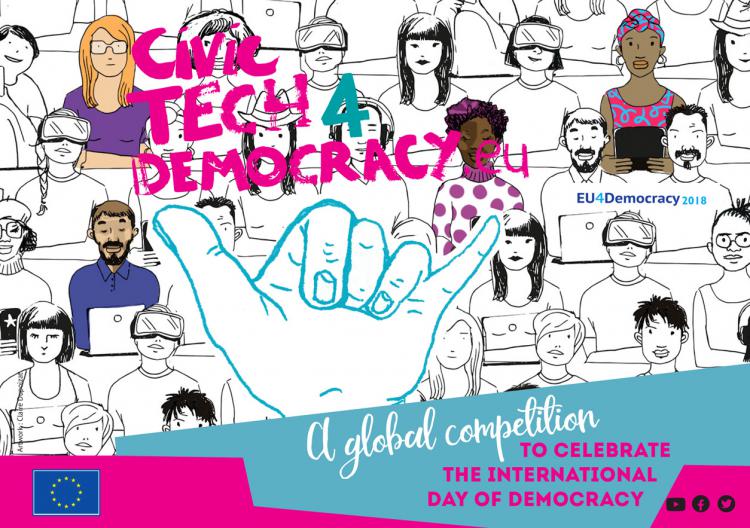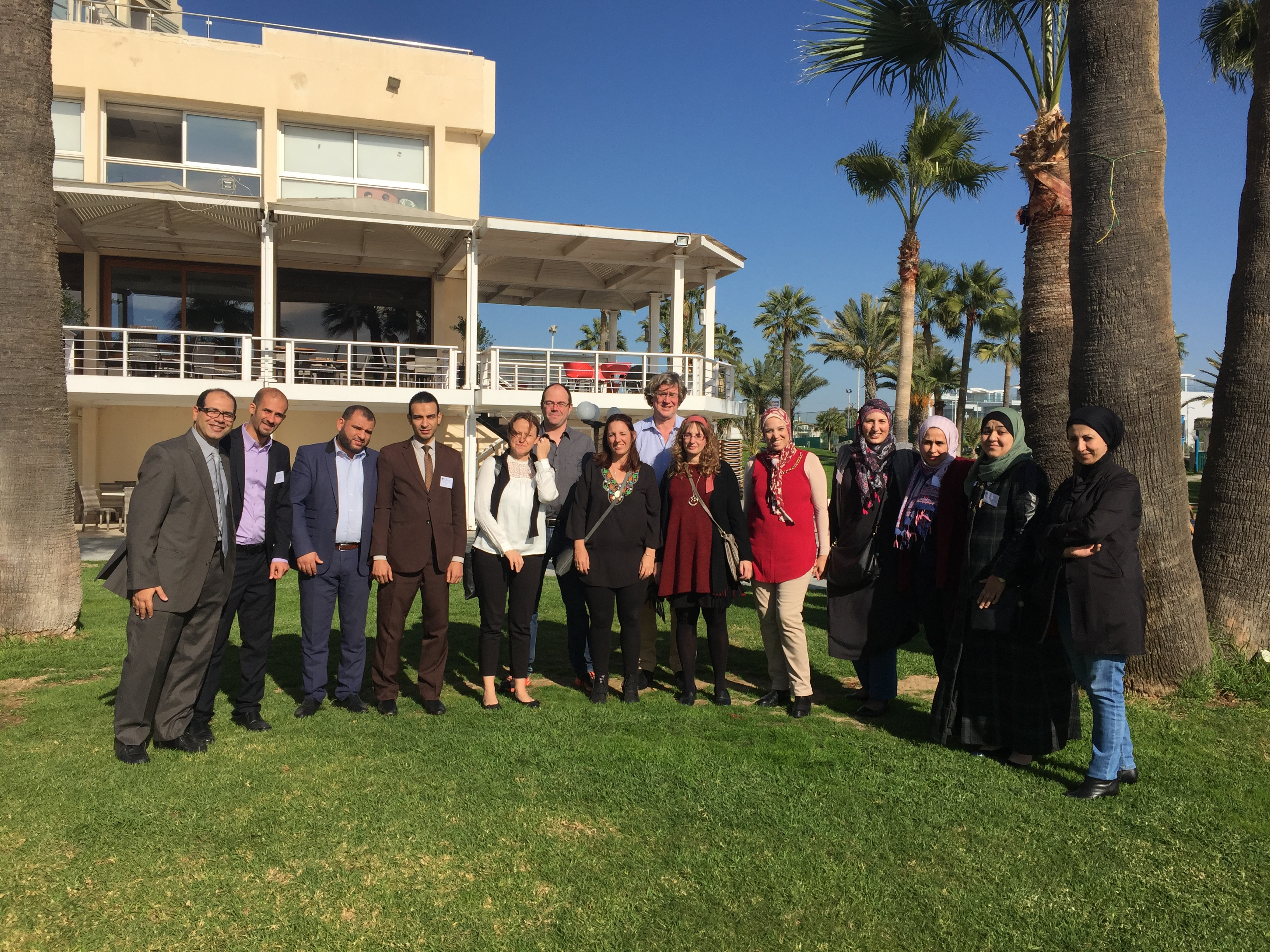Israel ready to boost efficiency in industries through EU-funded project results
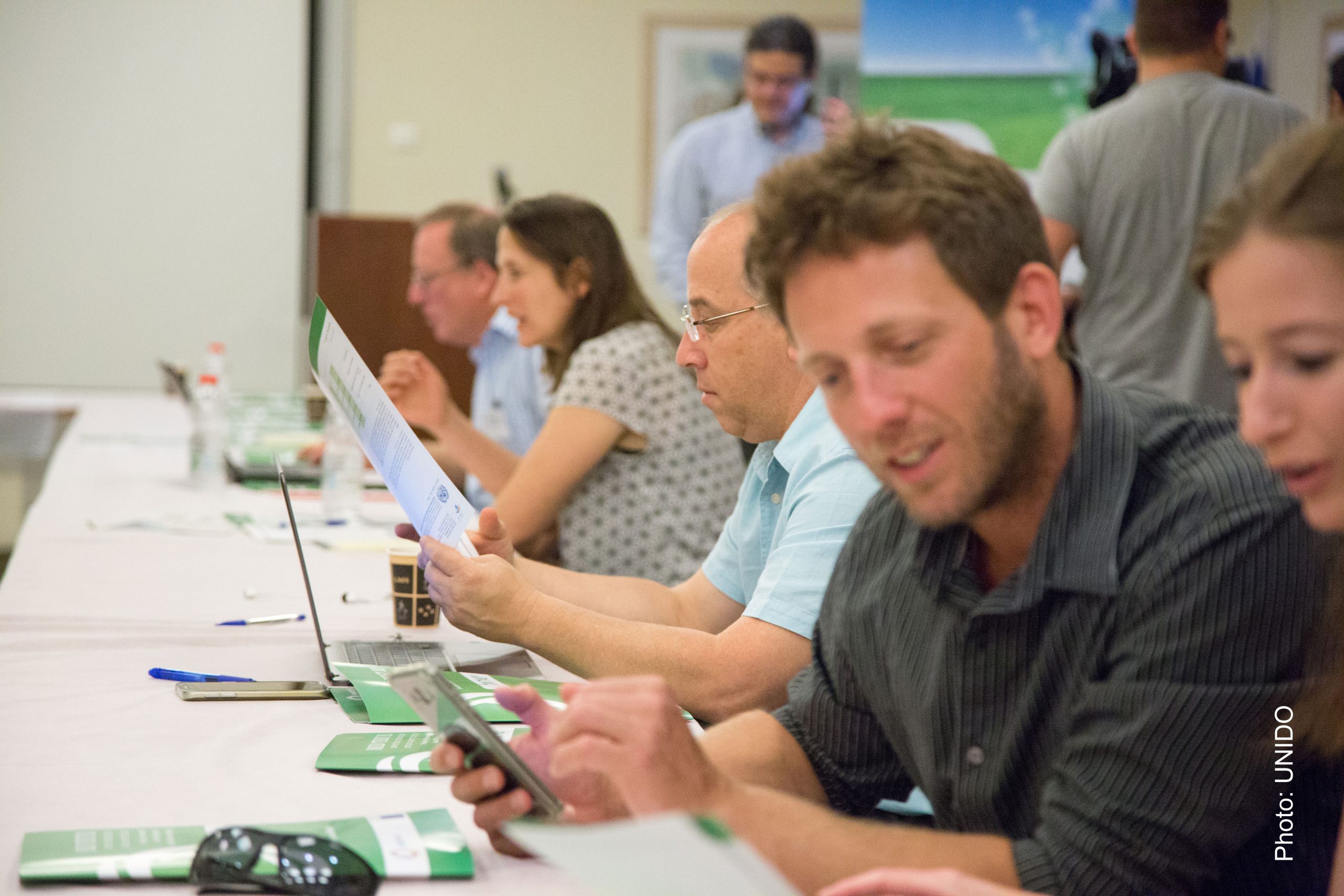

Results from the MED TEST II demonstration project in Israel, implemented in the framework of the EU-funded SwitchMed programme, identify €2.1 million in annual savings and substantial environmental impacts for the seven industries from the plastic, chemical, metal and food sectors. Concurrent to these results, Israel allocates 50 million NIS to scale up resource efficiency in Israeli industry based on a methodology introduced by the project.
As part of the SwitchMed programme, the UNIDO-led MED TEST II project seeks to demonstrate and encourage industries to evaluate and address resource use issues, reducing waste volumes, energy, and water consumption, by applying the proven methodology of TEST (Transfer of Environmental Sound Technologies).
During a national dissemination event, held on the 24 of May at the Ministry of Finance in Jerusalem, UNIDO together with the Weitz Center for Sustainable Development, the national partner for the MED TEST II project in Israel, presented the results from the seven industries that had been selected to participate in the demonstration phase of the MED TEST II project, to officials from the Israeli Manufacturers Association, the Ministry of Economy, the Ministry of Environment Protection, the Ministry of Finance and delegates from the European Union.
With the application of a resource efficient and cleaner production, the results from the MED TEST II demonstration phase indicate annual saving potentials of €2.1 million and decisive environmental benefits for the Israeli industries.
As the TEST methodology seeks to get the full picture of material and energy flows of a production, by employing tools of Material Flow Cost Accounting, applied Environmental and Energy management systems and a thorough RECP (resource efficiency and cleaner production) assessment, the MED TEST II project has managed to find solutions in situations where the only resolution was considered to be an “end of the pipe solution” of the production process.
For instance, the paint producer Tambour was before the MED TEST II project bound to invest 4 million US dollars in a plant for Regenerative Thermal Oxidizers (ROT) to comply its Volatile organic compounds (VOCs) emissions with the strict Israeli environment regulations. Together from the very high investment costs, the ROT plant would have annually caused 1.2 million US dollar in maintenance costs, considerably jeopardising the operational competitiveness of the factory. The MED TEST II project managed to identify substantial reduction opportunities to lower the overall VOC emissions of the plant, making the investment in a Regenerative Thermal Oxidizer obsolete.


The SwitchMed sustainable consumption and production programme aims to promote a switch by the Mediterranean economies towards sustainable consumption and production patterns and green economy, including low-emission development, through demonstration and dissemination of methods that improve resource and energy efficiency. It also seeks to minimise the environmental impacts associated with the life cycle of products and services and, where possible, to promote renewable energy.
Read more
